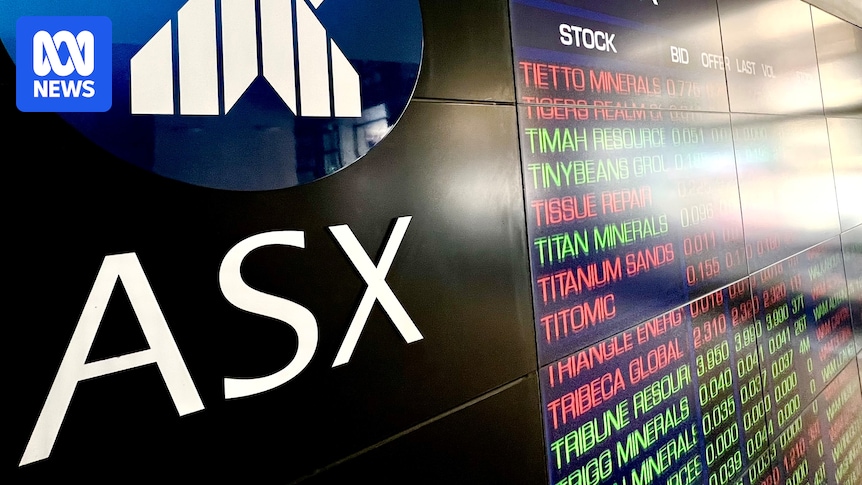
China has accused the United States of inciting panic over its rare earth export controls, following remarks by US Treasury Secretary Scott Bessent that Beijing found to be “grossly distorted.” The Chinese government rejected a White House call to reverse the restrictions, which have become a focal point in the ongoing trade tensions between the two economic superpowers.
The official newspaper of the Chinese Communist Party issued a comprehensive seven-point rebuttal after US negotiators suggested that China could prevent President Donald Trump’s proposed 100% tariffs on Chinese goods by rescinding the measures set to be implemented on November 8. This development comes as investors are relieved that the two nations have so far avoided the retaliatory tariff hikes seen earlier this year, yet each new exchange risks undermining a crucial meeting between Trump and Chinese leader Xi Jinping in South Korea later this month.
China’s Rare Earth Controls: A Point of Contention
He Yongqian, a spokesperson for China’s Ministry of Commerce, addressed the media, stating, “The U.S.’ interpretation seriously distorts and exaggerates China’s rare earths export control measures, deliberately stirring up unnecessary misunderstanding and panic.” She clarified that export license applications intended for civilian use would be approved, countering fears that China might require global manufacturers to apply for licenses for products containing even trace amounts of Chinese rare earths.
US Trade Representative Jamieson Greer described China’s new measures as “a global supply-chain power grab” and expressed hope that Beijing would reconsider their implementation. Meanwhile, Bessent hinted that an extension of the current 90-day tariff truce, set to expire around November 9, might be possible.
Wall Street Reacts to Trade Jitters and Banking Concerns
Wall Street ended lower overnight, with US regional banks at the center of investor anxiety. Shares in Zions Bancorporation fell sharply after the bank disclosed unexpected losses on two California loans. Simultaneously, Western Alliance’s stock dropped following its announcement of a fraud lawsuit against a borrower. These developments have heightened concerns about hidden credit stress amid persistently high interest rates.
The S&P 500 lost 0.6%, closing at 6,629. The Nasdaq Composite fell 0.5% to 22,562, while the Dow Jones Industrial Average dropped 0.7% to 45,952.
Trade tensions further weighed on market sentiment, with President Trump threatening 100% tariffs on Chinese imports starting November 1 in retaliation for Beijing’s rare earth export curbs. “The added uncertainty over trade and what it means for the economy is fueling market instability,” noted US Bank Wealth Management strategist Tom Hainlin.
Market Dynamics and Future Outlook
Despite solid earnings from major banks, the market was dragged down by weaker results from insurers like Travelers and Marsh & McLennan. Analysts now expect S&P 500 earnings to rise by 9.2% in the third quarter, slightly exceeding forecasts from two weeks ago, according to LSEG data.
Optimism surrounding artificial intelligence remains a mixed influence. While chipmaker TSMC increased its AI spending outlook, major tech companies such as Tesla, Meta, and Palantir saw their shares retreat. However, Salesforce experienced a surge after projecting $60 billion in revenue by 2030, despite recent cybersecurity challenges.
As Wall Street grapples with these multifaceted pressures, investors are reminded of the market’s underlying fragility, even amid AI enthusiasm and potential interest rate cuts. The upcoming meeting between Trump and Xi Jinping could prove pivotal in determining the trajectory of US-China trade relations and, by extension, global market stability.





